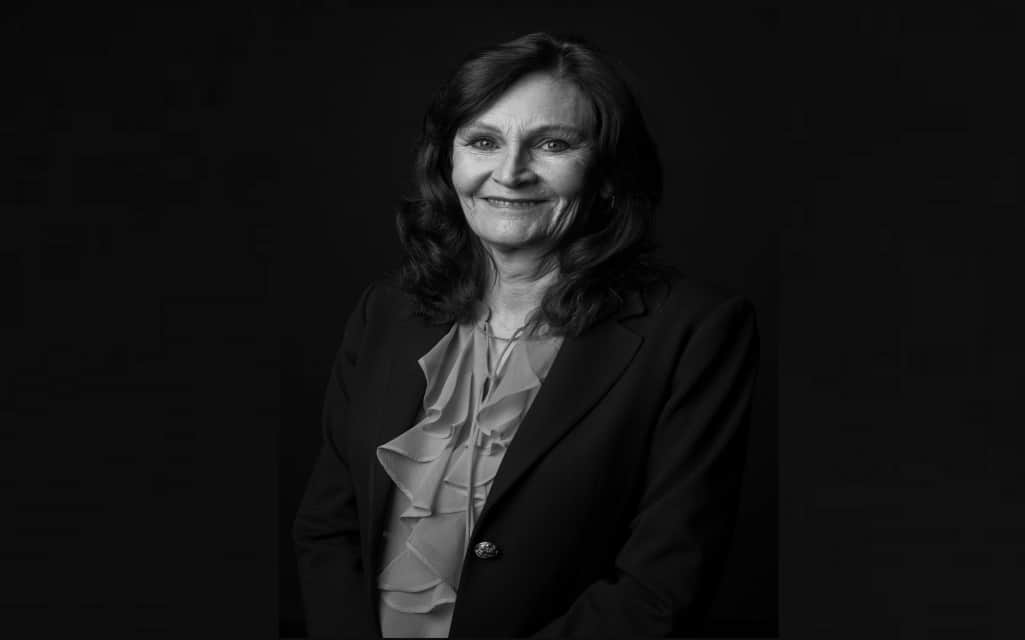Deborah Morrish is a respected adjudicator, humanitarian consultant and educator. Using the skills developed from years of experience in these roles, Deborah has become a champion for international refugees and their families, and a determined fighter against human trafficking, persecution and abuse of vulnerable populations worldwide.
Her work takes her around the globe, and deep into a range of international issues, including cross-border migration, asylum policy, social and governmental support systems for refugees, and immigrant rights.
Deborah is a compassionate advocate, defender and negotiator who works professionally and efficiently with government agencies, officials, NGOs, charitable groups, media organizations and advocacy coalitions to improve the lives of refugees in Canada and many other countries. We recently sat down with her to talk about the importance of her work.
Probably the number one question everyone has for you, Deborah, is: What is an adjudicator?
Deborah Morrish: Yes, I am asked that a lot! Adjudicator is not a job description that you will hear very often. In essence, an adjudicator is part defender and part negotiator, a compassionate professional who works quietly behind the scenes as well as boldly on the public stage to help refugees, displaced persons and migrants around the world. It’s a profession that is uniquely suited to address international crises such as migration, persecution, asylum policy, human trafficking, and more. Beyond the global perspective, I focus on the way these issues affect individuals and their families, so it’s a very personal mission for me.
How did you become involved in refugee issues?
Deborah Morrish: My interest in this work began more than three decades ago, as Vice Chair of the Ontario Social Assistance Review Board. That was really the foundation for my training, career and ultimately my effectiveness. I then broadened my experience by helping refugees as Assistant Deputy Chair of the Immigration and Refugee Board and as a consultant to the United Nations High Commissioner for Refugees in South Africa.
I like to think of myself as a lifelong student and educator, and that is also key to being an effective adjudicator. My educational background includes two master’s degrees, a certificate from the Canada School of Public Service, and a Diploma in Studies in French at La Sorbonne, Paris. I’ve also earned Alternative Dispute Resolution Certification Parts 1 & 2 in Toronto, Ontario. So I really come at these issues from both an academic perspective as well as someone who is helping real people in real situations, and doing it in practical and life-changing ways.
What is a typical day like for you?
Deborah Morrish: The work engages all of your energy, all of your senses. You lead with your heart and apply your experience. Your mind, emotions, empathy are all engaged in performing the critical aspects of this job. On one hand, there’s a lot of detail involved — finding the proper agency for a particular case, submitting the right paperwork on time, communicating effectively with families and the officials who will decide their fate and future.
You need to have the passion of an advocate. But as passionate as you are, you must also know how to negotiate, build relationships and earn respect.
Adjudicating sits at a unique crossroads between government and social programs, and because of that, there are many moving parts and many people you need to work with to achieve a successful outcome. If you know how to work with people, then you know how to adjudicate, in essence. People may not realize just how much collaboration is involved in the profession. It’s one of my favourite parts now, working with professionals at all levels to help wonderful people from around the world.



